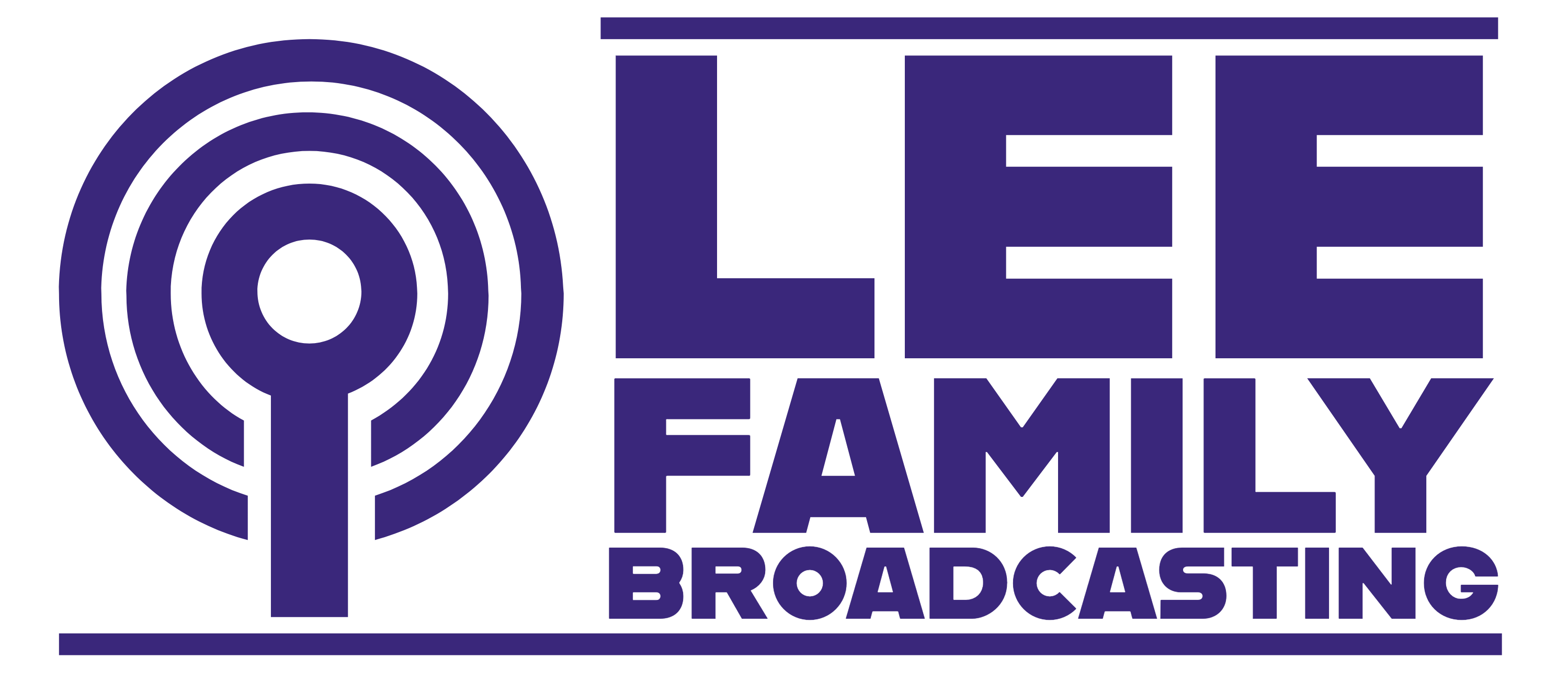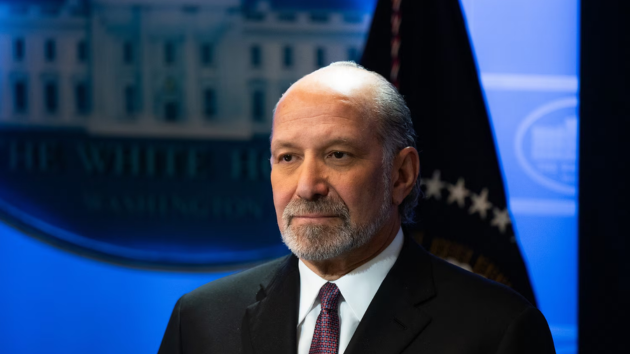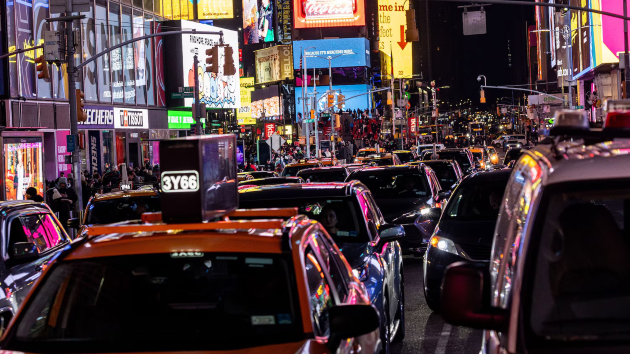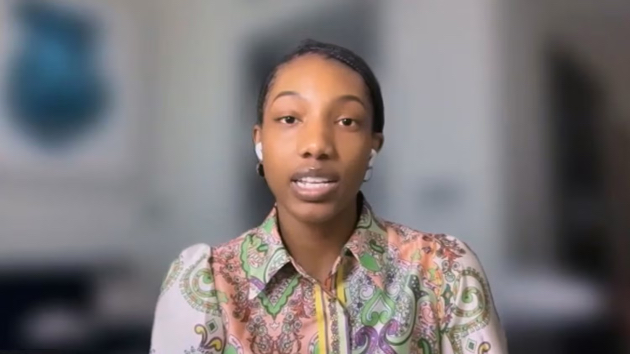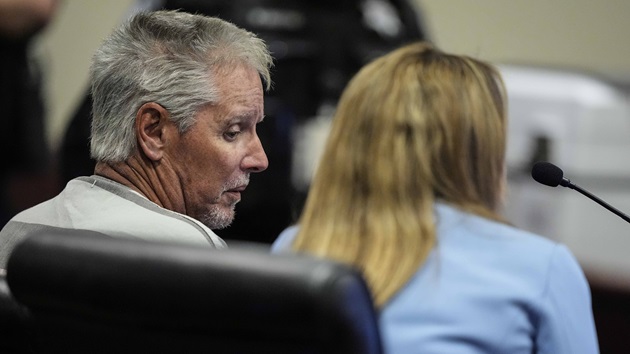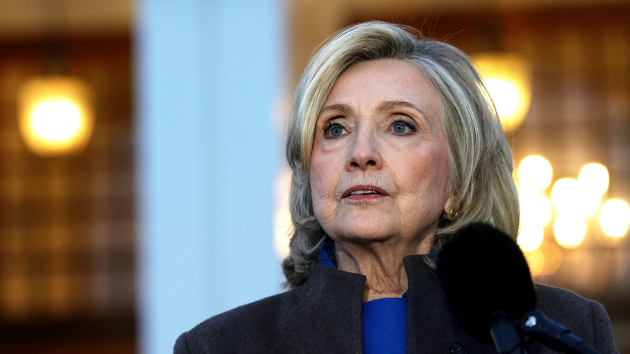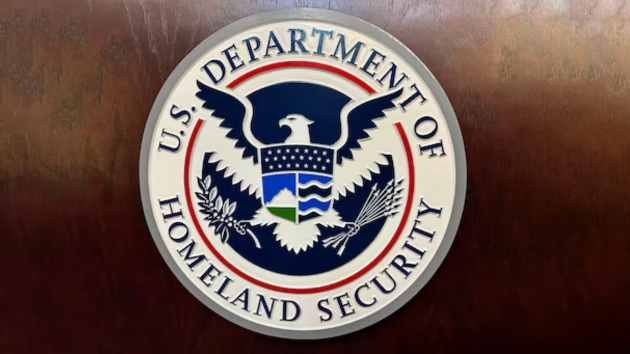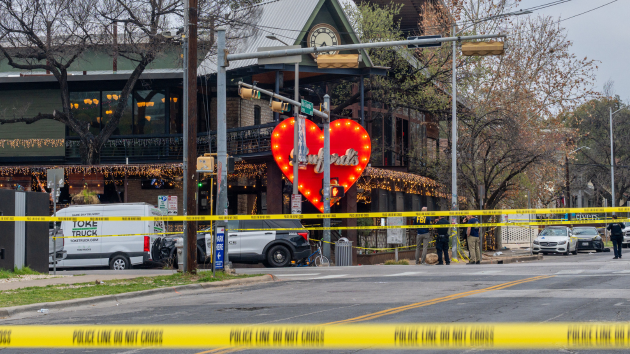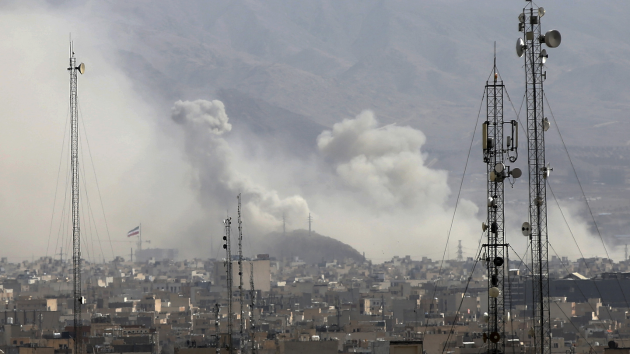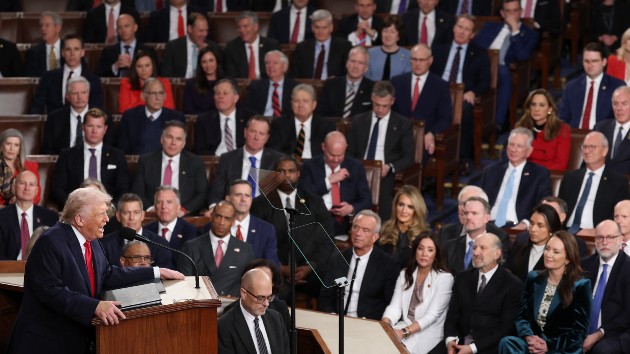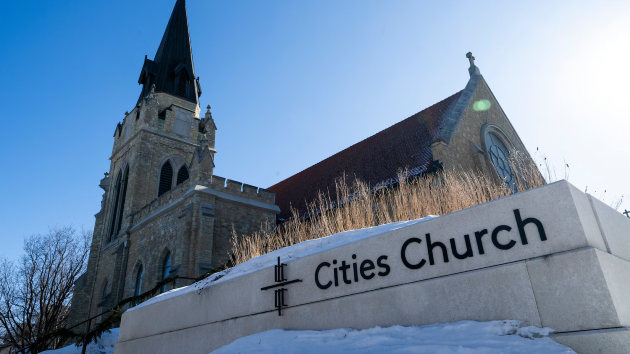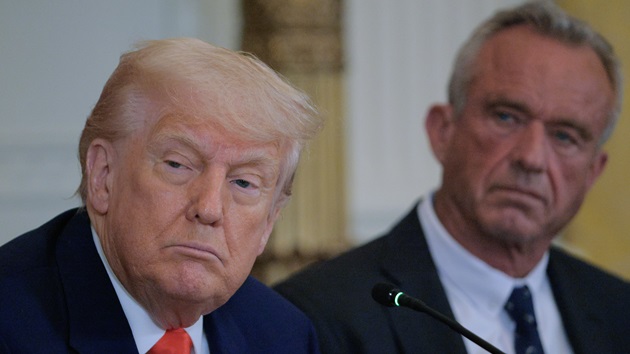
(ATLANTA) — After a gunman opened fire on the Centers for Disease Control and Prevention (CDC) campus in Atlanta last week — forcing hundreds into lockdown, hitting six buildings and killing a police officer — authorities found he’d been harboring years-long grievances with the COVID-19 vaccine.
Patrick White’s neighbors told ABC News that the 30-year-old believed he suffered negative health effects after he got the vaccine, and the Georgia Bureau of Investigation (GBI) found written documents at his home indicating that he wanted to make his discontent known. He died of a self-inflicted gunshot wound during last Friday’s incident.
For many CDC employees, the shooting was the culmination of long-held fears that years of simmering anger and division that grew from those who disagreed with COVID-19 pandemic policies might turn to violence against the CDC, putting public health workers in physical danger.
“I think the environment has been set up for something like this to happen,” Jessica Rogers-Brown, a CDC epidemiologist who has worked in multiple centers across the agency over the past seven years, told ABC News. “But this is far worse than I feared.”
Rogers-Brown, who works at one of the buildings that was struck by gunfire, emphasized that she was speaking in her personal capacity, not in her professional role or on behalf of CDC.
For Rogers-Brown and some of her colleagues, that fear has turned to frustration with government leaders — including President Donald Trump — over the last week.
They feel the shooting has slipped into the background without even a public statement from the president about the attack on federal property or a sufficient denouncement from Health and Human Services (HHS) Secretary Robert F. Kennedy Jr., who oversees the CDC and has peddled vaccine skepticism throughout his career.
Earlier in this week, when Rogers-Brown went to pick up equipment that would allow her to continue to work from home while shattered windows and broken doors are replaced on CDC’s campus, she walked past bullet holes.
She said she won’t feel safe returning until she feels federal leadership has publicly stood up for the CDC and Kennedy has condemned any violence aimed at public health workers as loudly as he derided CDC for its COVID response.
Before becoming health secretary, Kennedy falsely called the COVID-19 vaccine the “deadliest vaccine ever made” and, during his recent presidential run, he wrote in a post on X that he would “clean up the cesspool of corruption at CDC.”
“We really are at a turning point of what can happen,” Rogers-Brown said. “We can start to right the ship, or we can keep going down this road and wonder if, next time, I’m going to be triaging the gunshot wound of a colleague. And what will make the difference will be the voices of our leaders that have the microphone.”
She called for Kennedy to make it clear that “public servants are not the enemy” and “CDC workers are humans.”
Over the weekend, Kennedy sent an email to staff, offering prayers and saying he realized that the shooting was “unsettling” for staffers.
Kennedy visited the CDC on Monday, surveying the damage, meeting with senior leadership and visiting the widow of DeKalb County Police Officer David Rose, who was killed Friday in the shooting. That day, he referred to the shooting as “heartbreaking” in an X post.
In an TV interview with Scripps News later that day, Kennedy said CDC workers “should not be the targets of this kind of violence from anybody” and that political violence is “always wrong.”
Asked if he would take action to quell misinformation around vaccines, Kennedy said there wasn’t enough information about the shooter’s motive and went on to criticize public health agencies.
“We have to ask, why are people not believing the public health agencies? And the answer, I think, is pretty elementary: That the public health agencies have not been honest,” Kennedy said.
Some staffers were frustrated by what they perceived to be a lack of strong response from Kennedy, who didn’t directly address staff during his visit on Monday.
“He never even sent an email to us until this past Saturday and never visited our campus until this week,” a CDC scientist who has worked at the agency for 10 years in a variety of positions told ABC News. “I don’t even know how to feel with the lack of words from the White House and RFK victim-shaming us.”
The scientist asked not to be publicly identified over fears of retaliation at work and safety concerns.
HHS spokesperson Andrew Nixon told ABC News in a statement that Kennedy “has unequivocally condemned the horrific attack and remains fully committed to ensuring the safety and well-being of CDC employees.”
Nixon said Kennedy’s response was swift and decisive, citing his trip to Atlanta, and said any suggestion of a delay “is simply not supported by the facts.”
“The Secretary’s presence and outreach underscore his commitment to the CDC community and public health workforce. This is a time to stand in solidarity with our public health workforce, not a moment for the media to exploit a tragedy for political gain,” Nixon said.
While Trump hasn’t publicly spoken about the shooting, White House spokesperson Kush Desai also emphasized that the safety and security of government employees, “whether in Washington, D.C. or Atlanta, Georgia — is the topmost priority of the Administration.”
“Violence has no place in any civil society, and the White House extends our heartfelt condolences to the family of Officer David Rose and the entire CDC team,” Desai said in a statement sent to ABC News.
CDC director Dr. Susan Monarez spoke directly to CDC employees on Tuesday, giving brief remarks in a 10-minute all-staff call that was cut short by technical issues.
“You are resourceful, resilient and strong, and we will make sure you have the resources, the protection, the support you need to keep doing the work you do,” she said.
She followed up later the same day with a more direct denouncement of misinformation to the agency’s more than 10,000 employees with a note that read, in part, “the dangers of misinformation and its promulgation has now led to deadly consequences.”
“I will work to restore trust in public health to those who have lost it — through science, evidence, and clarity of purpose,” Monarez wrote.
Another CDC staff member told ABC News that the last six months of the Trump administration had already been tumultuous for the agency. She cited Kennedy’s reorganization efforts that led to the mass-firings of around 10,000 HHS employees and many entire CDC programs being cut, which Kennedy defended as “reducing bureaucratic sprawl.”
“It was an overwhelming grief to watch what was unfolding with public health and how it was going to affect people’s lives,” the CDC worker, who also asked not to be publicly identified over fears of retaliation at work and concerns over her own safety, said. “But it is very personal now.”
With nearly 20 years of experience working in communications at CDC on multiple different public health issues, including immunization and COVID-19, she said she’d never seen as much fear among her colleagues as she had this year.
“The vilification of federal workers is astounding, and people are forgetting … that we’re human beings,” she said. “We’re parents and friends and mothers and daughters. You know, we’re just like everyone else.”
She pointed to Kennedy’s history of vaccine skepticism before joining the Trump administration and actions to dissuade vaccine uptake since taking office.
“This didn’t happen overnight,” she said.
In May 2021, Kennedy filed a citizen petition asking for the Food and Drug Administration (FDA) to revoke its authorization of all COVID-19 vaccines, which he falsely criticized during a Louisiana House of Representatives meeting about school vaccine requirements as the “deadliest vaccine ever made.”
Since taking office, Kennedy has taken a series of actions to change U.S. vaccine policy. He announced that the COVID-19 vaccine will no longer be recommended for healthy children and pregnant women and, earlier this month, canceled $500 million in mRNA vaccine federal funding, terminating awards and contracts with pharmaceutical companies and universities.
“After reviewing the science and consulting top experts at NIH and FDA, HHS has determined that mRNA technology poses more risk than benefits for these respiratory viruses,” Kennedy said in a video posted on X when the cut to mRNA funding was announced.
Scientists and doctors contend that mRNA vaccines have been studied for decades. Robust evidence from clinical trials and real-world data shows that COVID-19 mRNA vaccines are safe and effective, despite Kennedy’s claims, and that serious health events after COVID-19 vaccination are rare, as CDC states on its website.
ABC News’ Eric Strauss and Will McDuffie contributed to this report.
Copyright © 2025, ABC Audio. All rights reserved.
